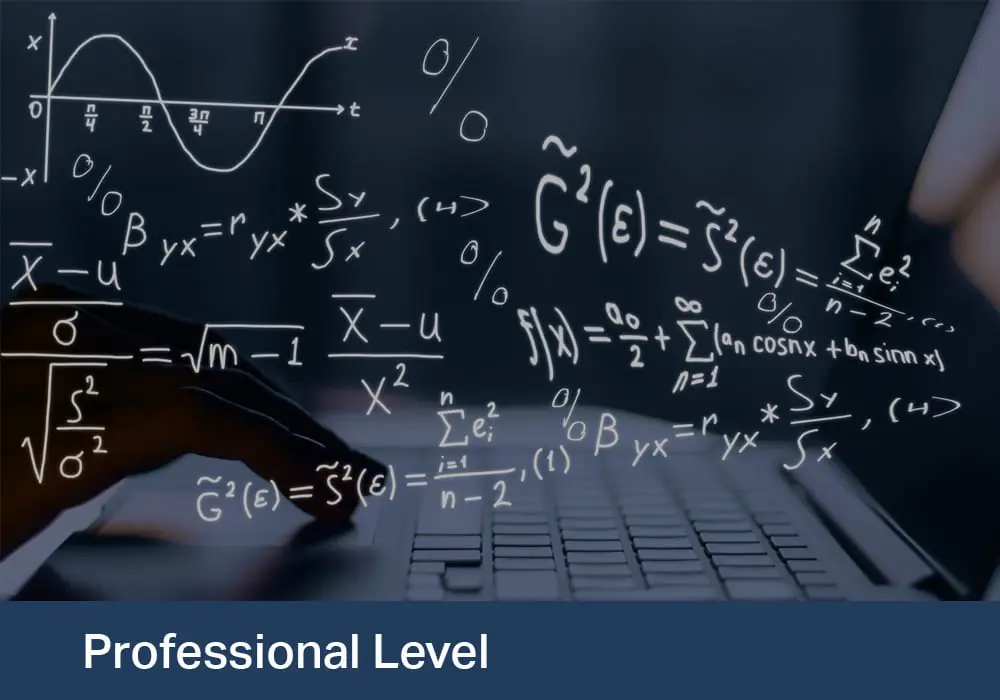Acest curs se adresează Machine Learning Engineers – image processing
În cadrul acestui curs cursanții vor învăța despre clasificarea și localizarea imaginilor împreună cu cele mai bune practici în Computer Vision.
Pentru a putea participa în cadrul acestui curs, studenții trebuie să fi parcurs modulul Basic Machine Learning în Tensorflow/Keras.
Este recomandat ca studenții să aibă următoarele cunoștințe:
Basic Deep Learning
● Neurons
● Types of Layers
● Networks
● Loss Functions
● Optimizers
● Overfitting
● Tensorflow
Basic Image Processing/Computer Vision
● Encoding
● Color Spaces
● Convolutions
● OpenCV/PIL
Module 1: Introduction to Deep Learning in Image Processing
- Machine Learning and Deep Learning
- Neural Network Anatomy
- Types of Convolutions
- Keras Workflow
Module 2: Basic Image Processing and Computer Vision
- Pixels and Images
- Coordinate System
- Channels
- OpenCV
- Channel Ordering
- Blur and Sharpen kernels
Hands-on Lab: Learn basic Image Processing using OpenCV, learn to apply different filter kernels on images for blur generation or basic edge detection.
Module 3: Supervised Neural Networks and Regularization
- Underfitting
- Overfitting
- Reducing the networks size
- Weight Regularization: L1, L2, Elastic
- Dropout
- Batch Normalization
Hands-on Lab: Implement your first basic neural network, learn how to benchmark it and learn how to avoid overfitting on a Computer Vision classification task.
Module 4: Convolutional Neural Networks
- Convolutional Layers
- Depthwise Convolutions
- Building Convolutional Neural Networks in Keras
- 1×1 Convolutions
- Data Augmentation
Hands-on Lab: Improve your previous neural network by adding Convolutional Layers, benchmark them and compare them with the Fully Connected ones.
Module 5: Common Convolutional Neural Networks Architectures
- ImageNet
- AlexNet
- VGGNet
- ResNet
- MobileNet
Hands-on Lab: Learn how to use already state of the art models from the Keras Hub.
Module 6: Reusing Convolutional Neural Networks
- Object Localization
- Object Segmentation
- Reusing VGG
- Fine-tuning
Hands-on Lab: Learn how to fine parameter tune your already trained Convolutional Neural Network to fit your task.
Module 7: Explainable AI
- Visualizing intermediate activations
- Visualizing convnet
- Visualizing heatmaps
Module 8: Unsupervised Generative Models for Image Processing
- Autoencoders for Images
- Deblurring
- Image generation
Hands-on Lab: Generate a new image similar to the ones from the dataset by using a random seed. Face generation techniques
Module 9: Real World Machine Learning
- Tensorboard
- Deploying Deep Learning Models
- Choosing the algorithm
Solving Machine Learning Problems in TensorFlow/Keras (Image Processing using Deep Learning)


